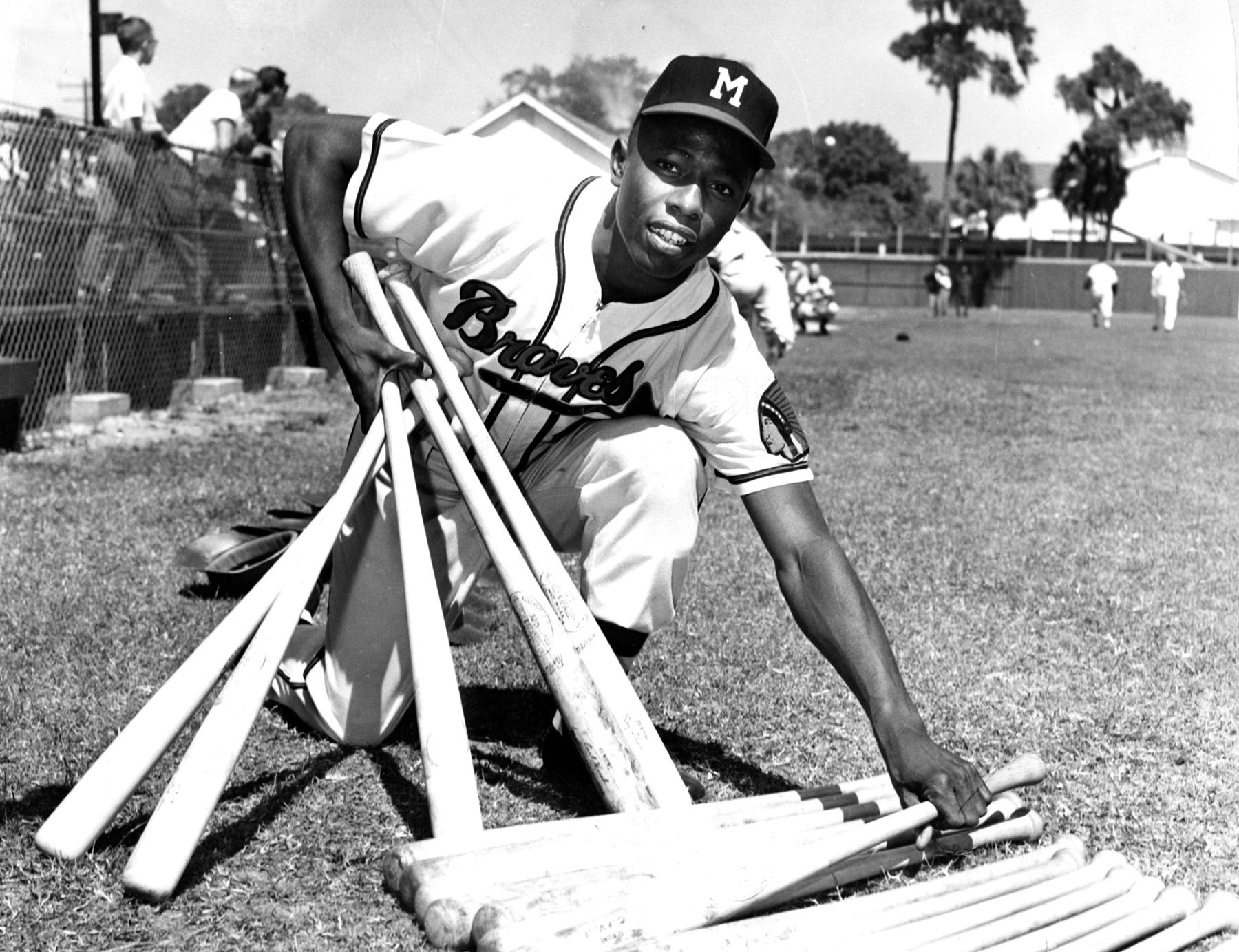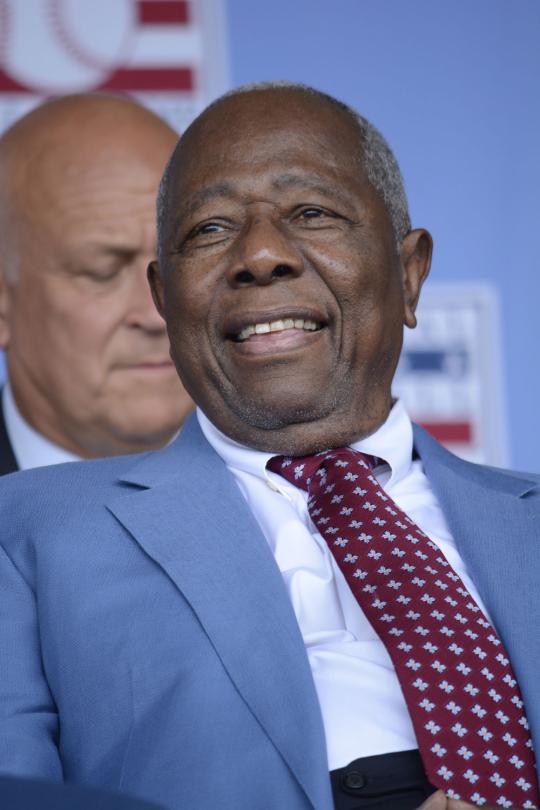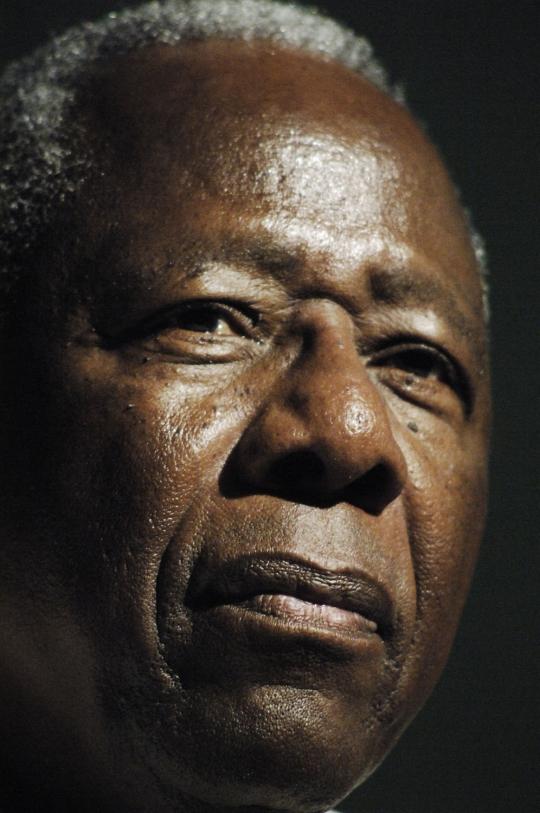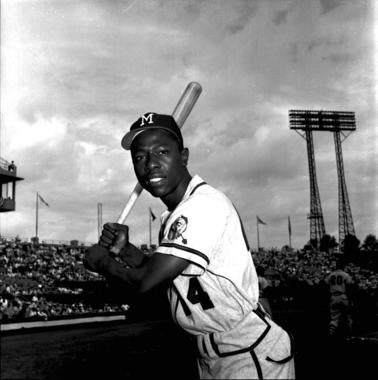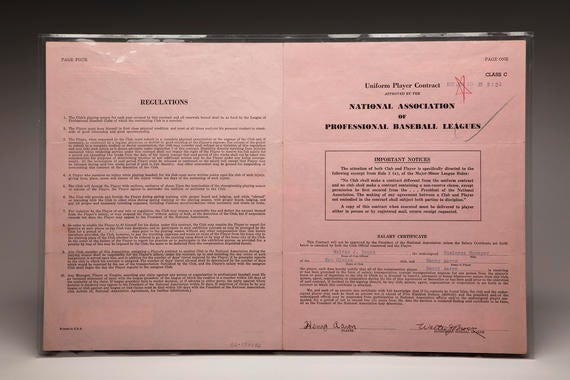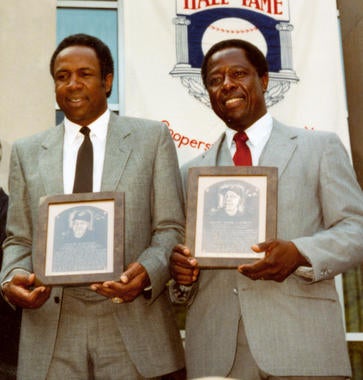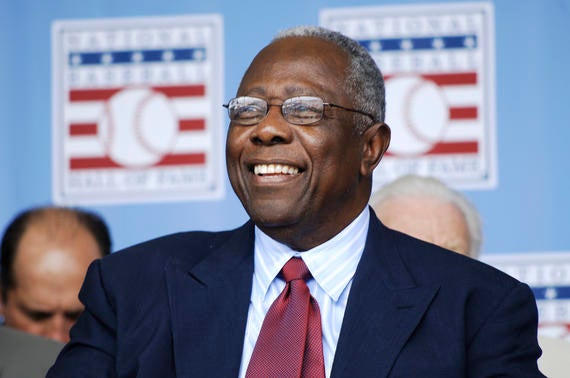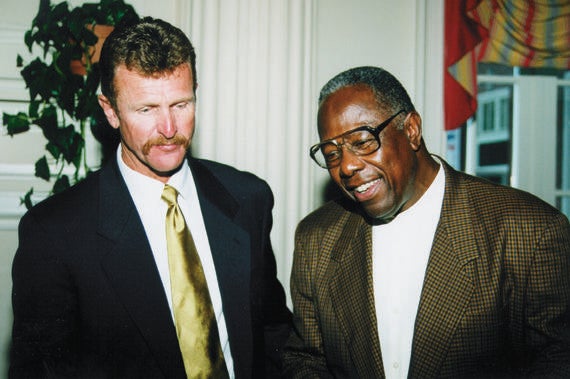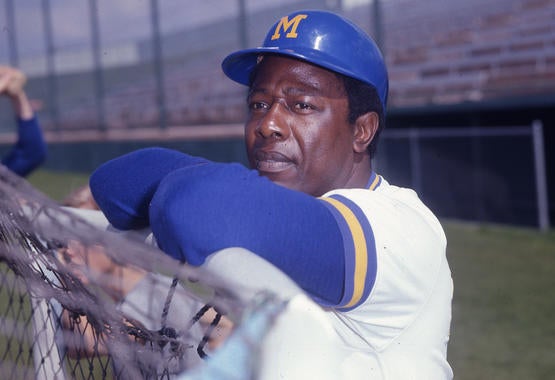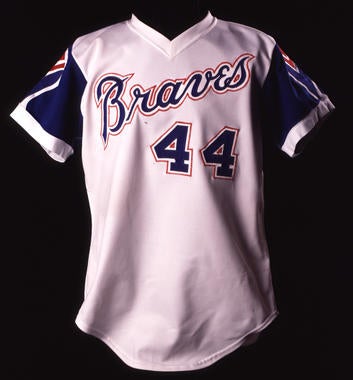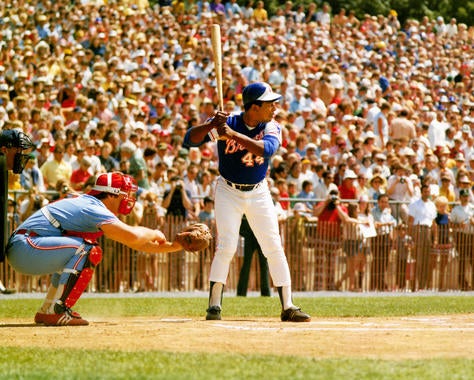Hank Aaron’s consistent brilliance made him an icon
Hank Aaron’s career path took him from the segregated South to baseball hero to American icon.
In between, Aaron’s consistency on and off the field won millions of admirers – and shaped his destiny.
Aaron, 86, died Friday, Jan. 22. One of a group of baseball players whose fame transcended the sports arena, Aaron was thrust into the national spotlight in 1973 when he neared the finish of a successful assault on one of sport’s most cherished records: Babe Ruth’s 714 career home runs.
“Hank Aaron’s incredible talent on the baseball field was only matched by his dignity and character, which shone brightly, not only here in Cooperstown, but with every step he took. His courage while pursuing the game’s all-time home run record served as an example for millions of people inside and outside of the sports world, who were also aspiring to achieve their greatest dreams. His generosity of spirit and legendary accomplishments will live in Cooperstown forever. On behalf of the Board of Directors and the entire staff of the Hall of Fame, we send our deepest sympathies to his wife, Billye, and his entire family.”
He wrapped up his career with a record 755 home runs (since broken), 2,297 RBI (still the all-time record), 2,174 runs scored, 3,771 hits and a .305 batting average.
His remarkable consistency left him in the top five of nearly every important offensive category at the time of his retirement. He was elected to the Hall of Fame in 1982 in his first year eligible and later pledged all of his baseball treasures to the Hall of Fame.
“As far as I'm concerned,” said Hall of Famer Mickey Mantle, “(Hank) Aaron is the best ballplayer of my era.”

